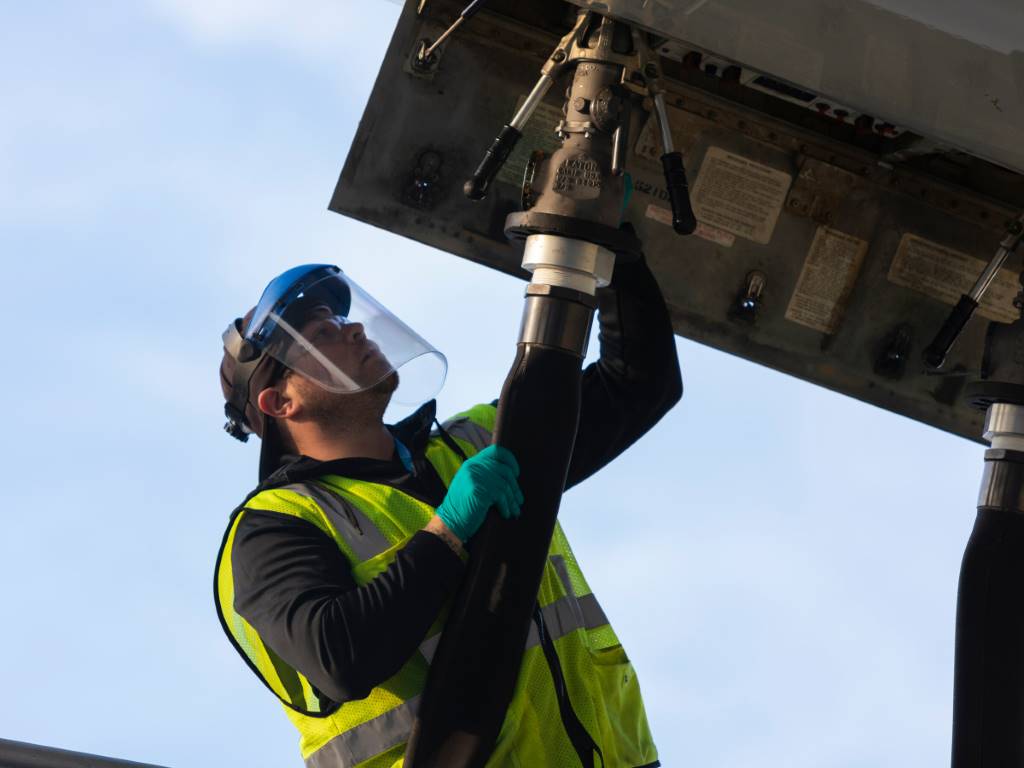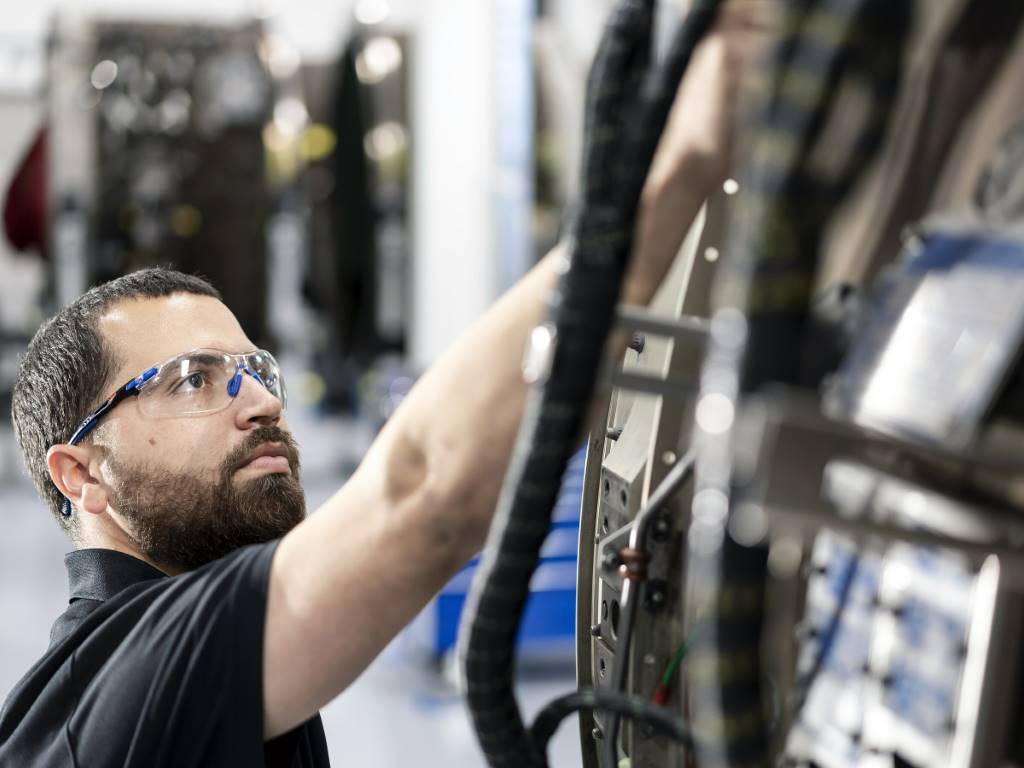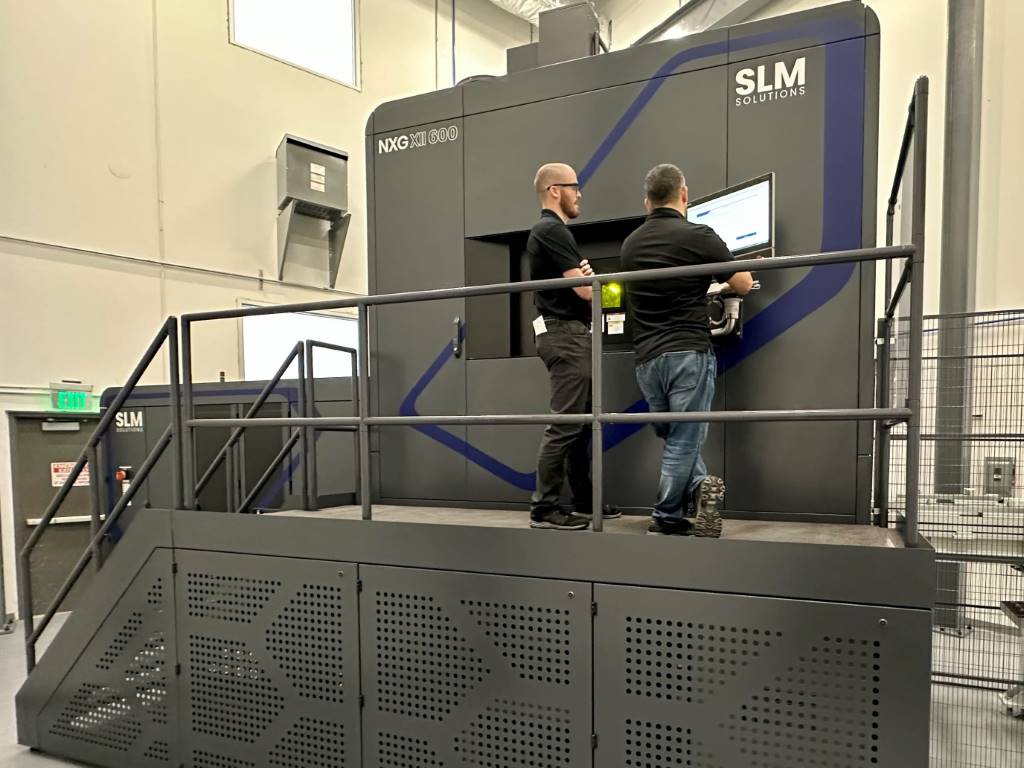Getting ready for take-off

David Barnes, chief executive of Farnborough Aerospace Consortium (FAC) explains why a collaborative approach is the best way forward.
Well before Covid and lockdowns grounded almost all aircraft and closed most businesses, the aerospace sector was used to responding to environmental pressures. These came from both the internal drive to continuously improve our sector’s efficiency and performance and externally from Governments introducing policies to ensure lower emissions.
Our sector is onboard with this agenda and has already demonstrated how innovation rather than restrictions can lead to a far greener industry. Every generation of aircraft emits much less than the one that has gone before and with passengers keen to be green there is already every incentive to continue to make flying cleaner still.
One issue is that of perception; many believe the sector is responsible for far more emissions than it actually is. Global aviation has a proud record of continuous improvements in fuel efficiency and reductions of noxious emissions, which continue with every new generation of aircraft. This has been so successful that aviation globally is now well below many other sectors in terms of contribution to greenhouse gases.
Following the pandemic there are many who believe that the aviation and aerospace sector should not be encouraged – or allowed - to bounce back to where it was. We’ve already seen legislators in France vote to ban short-haul flights when there is a rail alternative that can do the journey in less than two hours.
However, banning flights is exactly the wrong way to go about making flying greener. The innovators, inventors, investors and researchers in aerospace and aviation will be less motivated to create greener alternatives if flying is limited.
With all these pressures on the sector we must react together – to move from competition to collaboration. Competition works in a genuinely free market, but with many restrictions likely a collaborative approach will be the best way to recover our position.
The best way forward
And this is where Farnborough Aerospace Consortium (FAC) comes in – encouraging our members to work together for the overall good of the industry, and to benefit themselves.
What always gives me confidence is the innovative sparks within smaller companies - and we have evidence that a collaborative approach works for these businesses.
For example, FAC advises the National Aerospace Technology Exploitation Programme (NATEP) on which projects to support financially. Any company that applies for a grant must be in collaboration with at least one other, and an end-user who might purchase the resulting product is identified. NATEP has been supporting these collaborative research and development projects for some years and the results speak for themselves.
For example, around five years ago we recommended Sensor Coating Systems (SCS) and its collaborative partner for funding. Together with Monitor Coatings, SCS has developed a method of accurately measuring the temperature of engine parts. This is hugely important because the hotter the combustion engine the more efficient it is, so thermal mapping technology is directly leading to greener power.
From that initial funding for research and development, SCS has grown quickly and is now working with the world’s leading engine manufacturers; and the result is more efficient and far cleaner engines.
With the end of lockdowns we are anticipating much more collaboration and FAC’s networking events, award ceremonies and conferences will all help that happen. Membership of FAC brings many advantages but aiding collaboration could be its most important as we take-off post-Covid.













